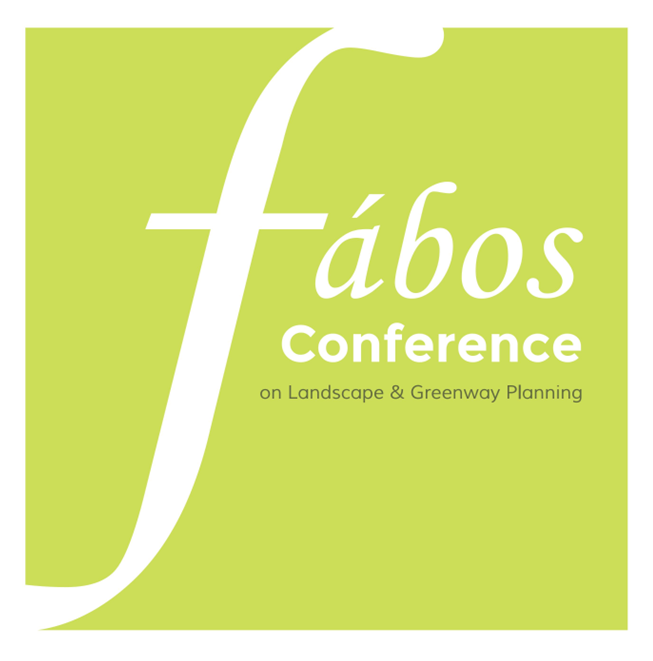Former enclosed gardens as sites of slow tourism in Hungary
Abstract
Enclosed gardens, as a special Hungarian historical-political concept and a unit of area, was created in the early 1960’s and was prevalent in two-thirds of Hungary’s territory. The term originally signified privately owned plots of land with small orchards, traditionally for vineyards and garden use. Enclosed gardens, as a category of real estate registration and legal unit has now been abolished. Some of the former enclosed garden areas are characterised by dynamic processes of transformation, pointing both towards urbanisation and residential use, and towards the afforestation of abandoned areas as a result of the cessation of a way of living. However, some of the former enclosed garden areas still retain many aspects of conscious human-made landscape-shaping activities, such as the landscape structure, natural and landscape values, and often carry the legacies of historical land use.
Landscape values are also present in the form of natural areas protected by law or conventions in the area of the enclosed gardens. Specially protected areas are also tourist destinations or landscapes affected by slow tourism due to their attractiveness and landscape/natural values. The aim of the analysis is to show the role of enclosed gardens in the system of protected natural areas and the correlation between their protection and the extent of exploration and the density of tourist routes through the area. Through our investigation, we strive to answer the following corollary questions: What types of slow tourism (e.g., hiking and cycle trails) are more common in enclosed gardens? In geographical terms, in what areas of the enclosed gardens are protected nature areas, hiking and cycle trails more common? This provides an insight into the role of enclosed gardens in slow tourism, which can be linked to the value-preserving character of eco- and rural tourism, such as the economical use of resources or the development of closer cooperation with nature conservation. The present study is part of the research that seeks to understand the causes of land-use change in former enclosed garden areas and to explore the landscape values of former enclosed gardens.
Keywords: enclosed garden, slow tourism, tourist routes
How to Cite:
Albicz, K. & Hubayné Horváth, N., (2022) “Former enclosed gardens as sites of slow tourism in Hungary”, Fábos Conference on Landscape and Greenway Planning 7(1). doi: https://doi.org/10.7275/v436-wh34
Downloads:
Download PDF
537 Views
202 Downloads
